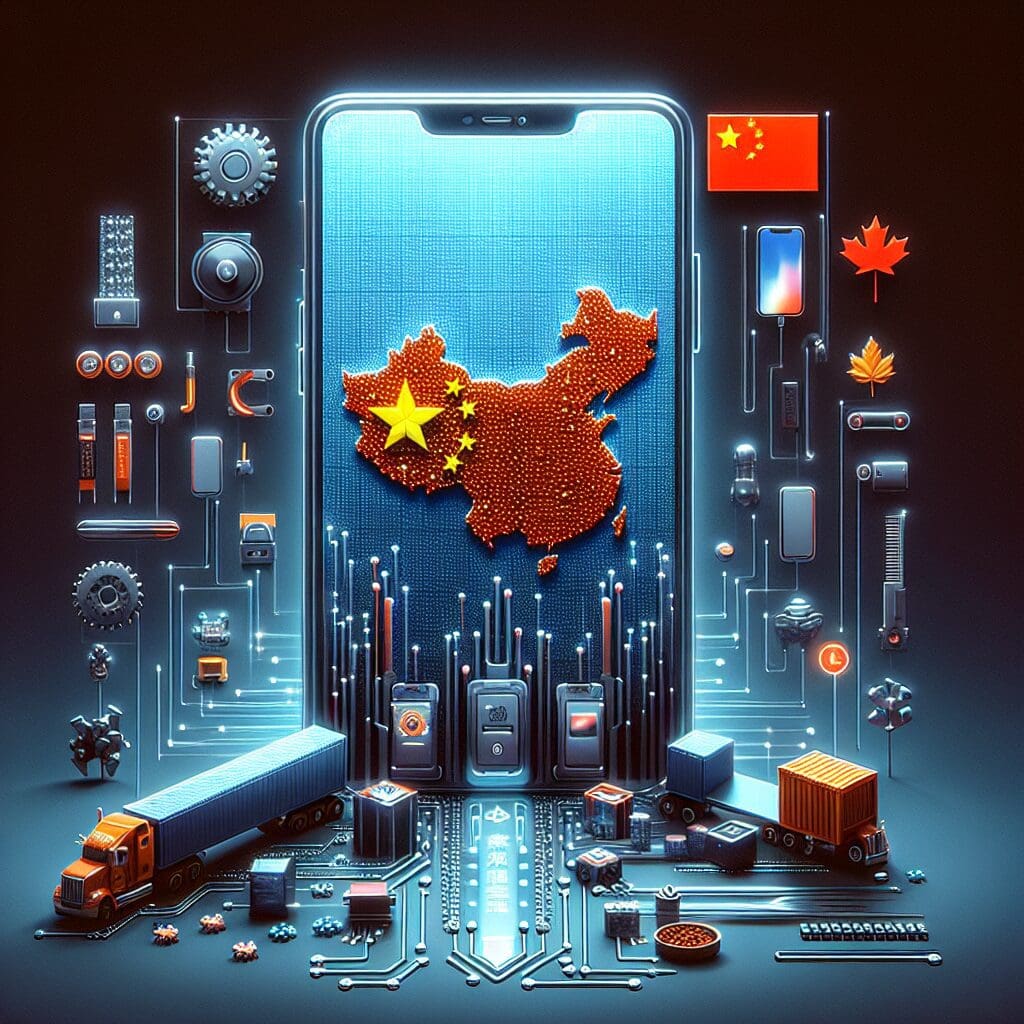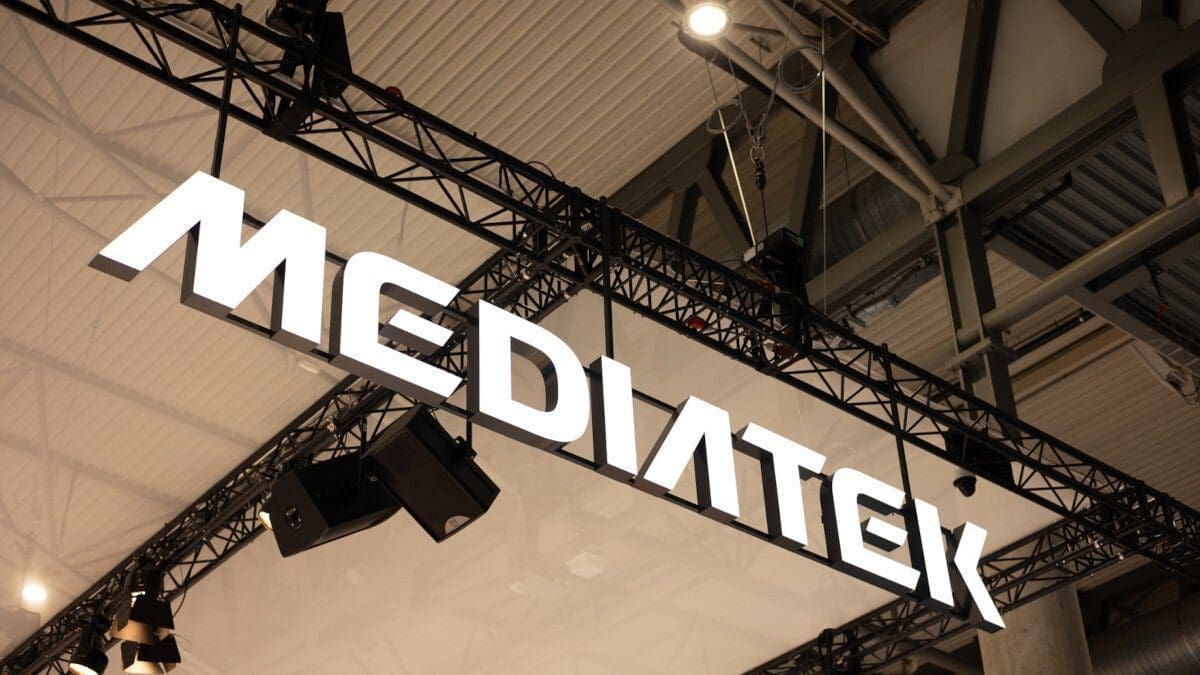Apple is making strategic moves to strengthen its presence in China while also expanding its manufacturing operations in Southeast Asia and India. This delicate balance between politics and business showcases Apple’s commitment to global growth and innovation.
A recent analysis by Nikkei Asia revealed that Apple has been enhancing its partnerships with Chinese suppliers and manufacturing facilities in 2023, while decreasing its reliance on suppliers from Taiwan, the U.S., Japan, and South Korea. Here are some key points from the analysis:
– The number of Chinese suppliers working with Apple increased to 52 last year, up from 48 in 2022.
– The count of manufacturing or development facilities in China also saw a significant increase, reaching 286.
– In Southeast Asia, Vietnam saw a 40% increase in Apple suppliers, with Thailand experiencing a third increase. India also remains a focus for Apple, with Tata Group joining the list of top suppliers.
Despite these expansions in Southeast Asia and India, Apple’s ties to China remain strong. Approximately 37% of the suppliers in Vietnam have connections to China and Hong Kong, highlighting China’s crucial role in Apple’s supply chain strategy. Key Chinese players like Luxshare and Goertek continue to play a significant role in Apple’s operations.
Some Chinese suppliers emerged as top Apple suppliers for the first time in 2023, further solidifying the company’s commitment to the region. While some American companies are reducing their ties with China, Apple CEO Tim Cook continues to nurture relationships with Chinese officials and suppliers.
Apple’s strategic approach sets it apart from its competitors, showcasing a dedication to global partnerships and innovation. As the tech giant continues to expand its footprint in key markets like China, Southeast Asia, and India, we can expect even more exciting developments from this industry leader.









